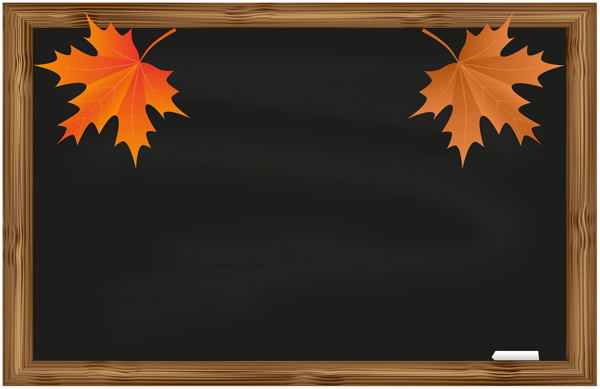
This image has format transparent PNG with resolution 600x389.
You can download this image in best resolution from this page and use it for design and web design.
Blackboard PNG with transparent background you can download for free, just click on download button.
A blackboard (also known as a chalkboard) is a reusable writing surface on which text or drawings are made with sticks of calcium sulphate or calcium carbonate, known, when used for this purpose, as chalk. Blackboards were originally made of smooth, thin sheets of black or dark grey slate stone.
A blackboard can simply be a board painted with a dark matte paint (usually black, occasionally dark green). Matte black plastic sign material (known as closed-cell PVC foamboard) is also used to create custom chalkboard art. Blackboards on an A-frame are used by restaurants and bars to advertise daily specials.
A more modern variation consists of a coiled sheet of plastic drawn across two parallel rollers, which can be scrolled to create additional writing space while saving what has been written. The highest grade blackboards are made of a rougher version porcelain enamelled steel (black, green, blue or sometimes other colours). Porcelain is very hard wearing, and blackboards made of porcelain usually last 10–20 years in intensive use.
Lecture theatres may contain a number of blackboards in a grid arrangement. The lecturer then moves boards into reach for writing and then moves them out of reach, allowing a large amount of material to be shown simultaneously.
The chalk marks can be easily wiped off with a damp cloth, a sponge or a special blackboard eraser usually consisting of a block of wood covered by a felt pad. However, chalk marks made on some types of wet blackboard can be difficult to remove. Blackboard manufacturers often advise that a new or newly resurfaced blackboard be completely covered using the side of a stick of chalk and then that chalk brushed off as normal to prepare it for use.
The first classroom uses of large blackboards are difficult to date, but they were used for music education and composition in Europe as far back as the 16th century. The term "blackboard" is attested in English from the mid-18th century; the Oxford English Dictionary provides a citation from 1739, to write "with Chalk on a black-Board". The first attested use of chalk on blackboard in the United States dates to September 21, 1801, in a lecture course in mathematics given by George Baron. James Pillans has been credited with the invention of coloured chalk (1814); he had a recipe with ground chalk, dyes and porridge.
The use of blackboard did change methods of education and testing, as found in the Conic Sections Rebellion of 1830 in Yale. Manufacturing of slate blackboards began by the 1840s. Green porcelain enamel surface, was first used in 1930, and as this type of boards became popular, the word "chalkboard" appeared. In the US green porcelain enamelled boards started to appear at schools in 1950s.
In this page you can download free PNG images: Blackboard school PNG images free download, school board PNG